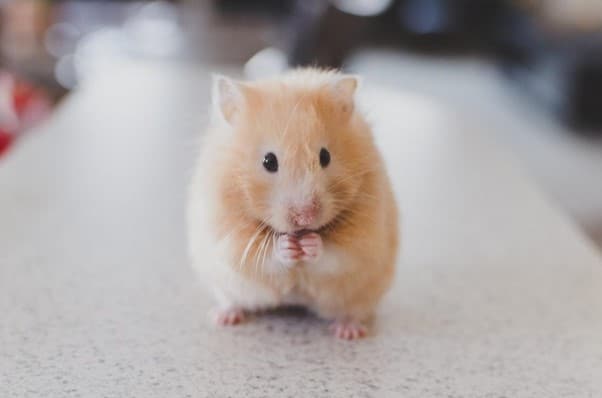We live on a beautiful planet, where flora and fauna are rich and lush. There are plant and animal species we have not discovered yet, and many we know few things about. But some animals and plants have been studied in the past years, as they have fascinated humans and scientists. People have different perspectives on animals. Those who have pets, see them as their companions.
Many pet owners see their pets as family members and even celebrate their birthdays. Scientists see them as a way to advance and find new solutions to diseases or test medicine or cosmetics. The attitude towards animals is distinct, depending on the environment you grew up in, but also on the experiences you went through. For example, some people might fear dogs if they had a bad event. Those who have dogs as pets surely love them.

As animals are viewed by some as important tools for the scientific world to advance, can animal-free research be the future of science?
The Use of Animals in Research
Using animals in research has both advantages and disadvantages. A college student who studies biology interacts with both views during his learning years. As perspectives differ, you will encounter a lot of opinions on this subject. From a scientific point of view, animals are key to medical research and development. New drugs and medicine are tested on them, to notice how the organisms interact with those substances as a whole.
Having animals in the lab and testing substances on them has indeed helped scientists to understand more about how biology works and the effects on cells and tissues of certain substances. And this enabled them to indeed advance medicine and treatments and, of course, develop safe drugs for humans. If you want to learn more about this, you can check these animal testing essays, it will help you gain a deeper understanding of the issue. Studying more about the topic and the history of animal testing helps you understand better the whole subject.
However, there are certain disadvantages too. No matter how much we would like to think we have in common with animals, the truth is that our organisms are distinct. You can, indeed, learn about the effects and consequences of certain substances on cells and tissues. But you cannot extrapolate all the information and conclusions to humans, as there are a lot of other processes involved. Many of which are biological and dependent on the animal species used. For example, the same substance could have distinct effects on a rabbit compared to a rat. Even though we have about 95% of genes common to mice, this does not mean that the organisms will react the same to the same substance.
Are They Necessary?
Well, this is a question that many scientists started looking into. There has been increased attention to the use of animals in medical research and more and more organizations are against it. The rights of animals are violated when they are used in medical research. They have the right to be treated respectfully, something that does not happen in research.
Instead, they are held captive and they go through horrific conditions. It’s true that they have helped medicine and humanity evolve, but now as we become more aware of their inner world and superpowers, is it ethical and moral to do it? The answer to this question might differ depending on who you ask. However, better alternatives must be developed, as now we have advanced technological tools that can be used.
There are already a few alternatives that gain momentum and start being used in medical research. For example, in some labs, sophisticated tests are undergoing that use human cells and tissues. In others, advanced computer modeling techniques are used, while in other research there are human volunteers.
Final Thoughts
As a pet owner, animal lover, or animal rescuer, you probably love animals. The movements against animal testing in labs have been started exactly by these passionate and caring humans. A paradigm shift has to happen and scientists have to stop violating the right of animals to respectful treatment.
Technology can help us find new solutions, such as using human cells and tissues for testing. Indeed, animal testing has helped medicine evolve, but it is not ethical or moral to treat and keep animals in those conditions.
Bio lines: Charlie D. Kenney is a content writer and blogger. He is an animal and nature lover. Charlie usually writes on topics such as nature, animal rights, and climate change.
